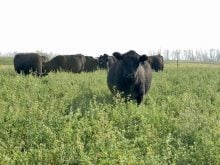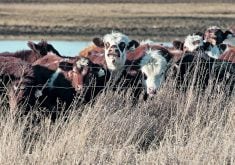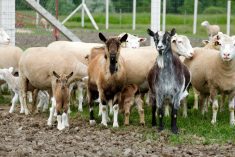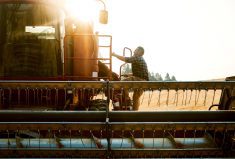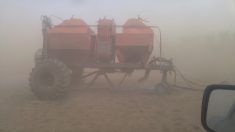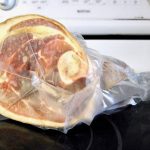With checkoff refunds totalling about $30 million over the last dozen years, Alberta Beef Producers says it may have no choice but to cut support for the Canadian Cattlemen’s Association — possibly by as much as $1 million annually.
The Alberta cattle group is refunding about $3 million in checkoffs every year — the vast majority to feedlots — and is running out of ways to deal with the problem, said Brad Dubeau, ABP’s general manager.
“What we ended up seeing since 2009 is that ABP has significantly cut its operating budget,” said Dubeau. “It dipped into its reserves fairly significantly, and has had to, over time, reduce the number of staff.”
Read Also
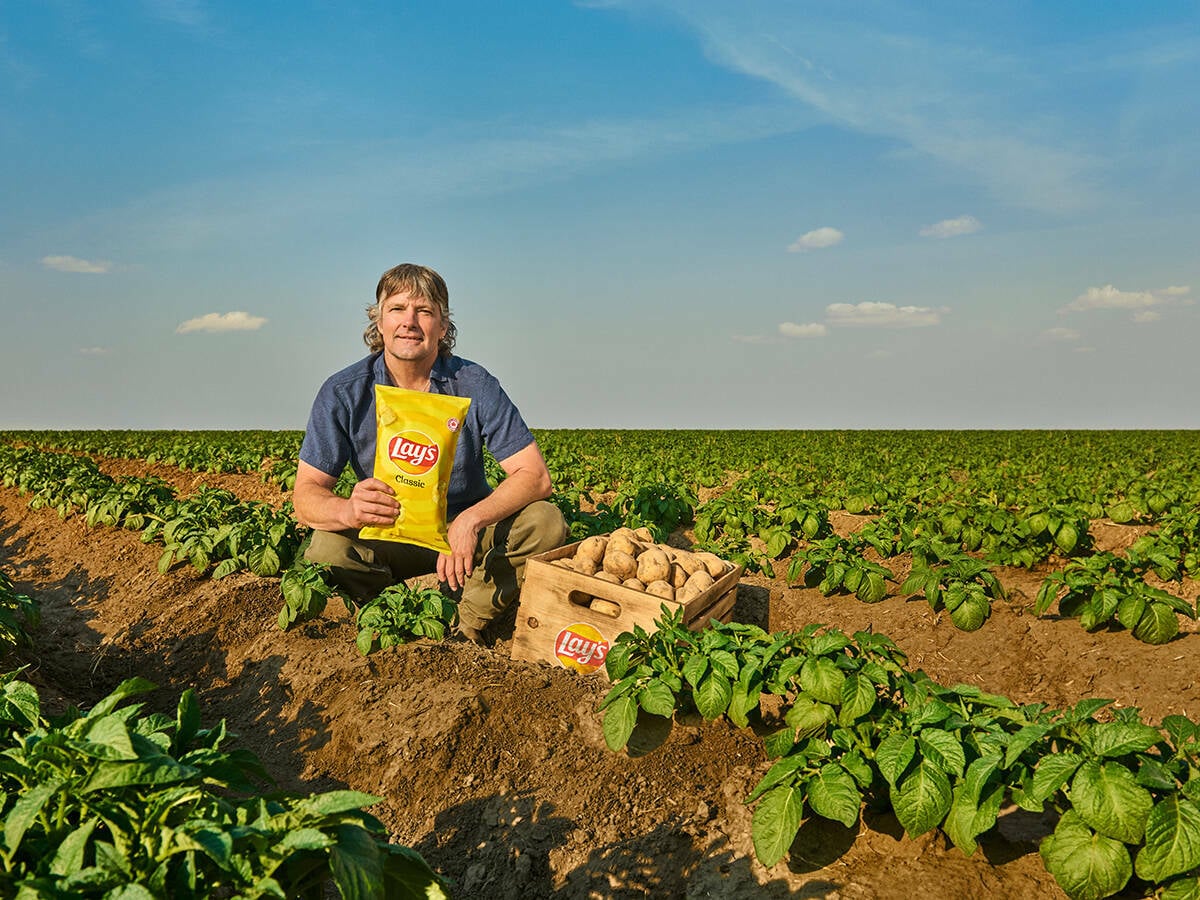
Alberta farmer invited to World Economic Forum
Southern Albertan farmer’s regenerative agricultural practices featured on panels at Davos where nations come together in partnership.
Every time a cow is sold in Alberta, $4.50 of the sale price is kept for the checkoff. Of that, $2.50 is non-refundable (that portion supports Canada Beef and the Beef Cattle Research Council). But $2 goes to ABP and about a quarter (53 cents) is passed along to the Canadian Cattlemen’s Association (CCA).
However, every year refunds are requested on the sale of about 1.6 million head. More than 85 per cent of those refund requests are from feedlots.
In addition to reducing staff numbers and drawing from reserves, ABP has also reduced its funding of smaller organizations, including cutting its financial support for Cows and Fish and AgSafe Alberta in half.
When it comes to the CCA, Alberta Beef Producers is looking at changing the way the current funding formula works. The 53 cents that goes to the national organization is based on what’s collected — with no adjustment for the fact that so much of the money is refunded.
“So currently, we fund CCA on gross marketings — we don’t take into account the refunds,” said Dubeau. “An agreement between the provinces and CCA was developed in 2018 that we would fund 53 cents of every marketing in our province. That number, is unfortunately at times, depending on the refund, difficult for ABP to be able to do, without taking from the reserves.”
That effectively means closer to 90 cents of every $2 checkoff goes to the national organization, Dubeau wrote in his report in the CCA’s most recent annual report.
The organization’s current board of directors (and the previous one) has asked for a new funding arrangement based on the net amount — that is, the sum after the refunds are deducted — when the current funding arrangement ends on July 1, 2023.
“CCA could potentially be looking at a reduction — it could be anywhere from $750,000 to $1 million,” said Dubeau.
In the meantime, his organization is reaching out to other groups — including the Alberta Cattle Feeders’ Association, the Western Stock Growers’ Association and the Alberta Grazing Leaseholders Association — in hopes of finding some way to reduce the amount of money being refunded.
“We’re making a concerted effort to work together to find a path back to a fully funded Alberta beef industry,” said Dubeau.
Reducing funds for the CCA would be a last resort, he added.
“The board of directors and delegates feel we fully need to fund CCA,” he said. “But we have cut as much as we can to the provincial association, and we still need to be able to do the job we need to do at the provincial level.”
The organization is also upping its efforts to raise awareness of the problem, including running a recent series of articles on its fiscal situation in its magazine.
That seemed to have an impact, Dubeau said.
“We did see dollars going directly to ABP or directly to CCA in the last quarter of our refund period,” he said. “It was really nice to see. It was the first time refunds have gone down in a long time, or they were directed to the organizations.”




